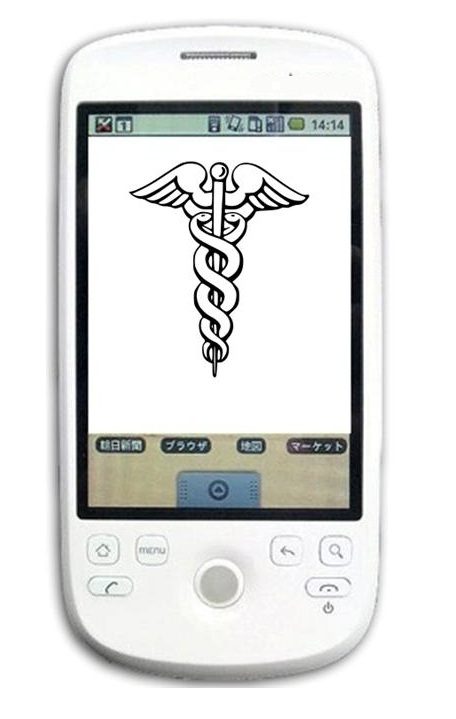The Global Virtual Reality market is estimated at $0.96 billion in 2014 and is expected to reach $35 million by 2022 with CAGR of 90% during forecast period 2014-2022. Head Mounted Display (HMD) in Entertainment Industry and gaming, reasonable Hardware are the influencing factors for growth of the market. However Low Resolution of HMDs and Display Latency are hampering the growth of the market. Growth of the market lies in Increase in Investment and Healthcare Industry.
Request For Sample Report, Before Purchasing: http://www.marketresearchstore.com/report/global-virtual-reality-market-outlook-25475#requestSample
Global Virtual Reality market is segmented by Devices, by Technology, by components, by Applications and by Geography. Depending on the Devices, market is segmented into Projectors & Display Walls, Head Mounted Display and Data Gloves. Based on Technology, market is categorized as Semi-Immersive and Fully-Immersive. Based on Application, Virtual Reality market is classified into software, Hardware. Hardware is further segmented into Semiconductor, Sensors, Displays. Virtual Reality market by geography is segmented into North America, Europe Asia Pacific and Rest of the World.
The Key players in the Global Virtual Reality market include, Sensics, Inc., Oculus VR, Inc., EON Reality, Inc., Total Imme rsion, Metaio GmbH, Qualcomm Inc., Microsoft Corporation, Cyberglove Systems Llc., Samsung Electronics Co., Ltd.
rsion, Metaio GmbH, Qualcomm Inc., Microsoft Corporation, Cyberglove Systems Llc., Samsung Electronics Co., Ltd.
WHAT OUR REPORT OFFERS:
Market share assessments for the regional and country level segments
Market share analysis of the top industry players
Strategic recommendations for the new entrants
Market forecasts for a minimum of 8 years of all the mentioned segments, sub segments and the regional markets
Market Trends (Drivers, Constraints, Opportunities, Threats, Challenges, Investment Opportunities, and recommendations)
Strategic recommendations in key business segments based on the market estimations
Competitive landscaping mapping the key common trends
Company profiling with detailed strategies, financials, and recent developments
Supply chain trends mapping the latest technological advancements

 Mhealth technology trends
Mhealth technology trends